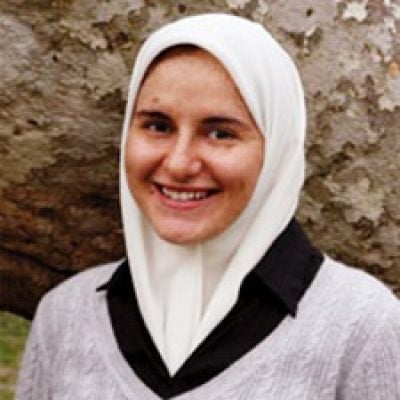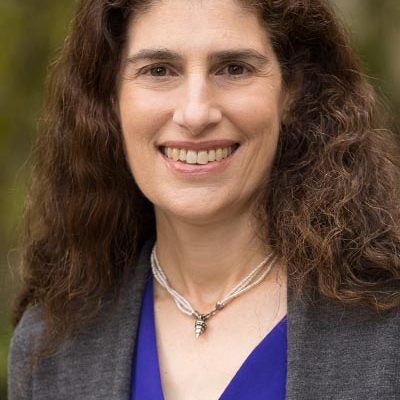Participating Departments and Cohorts
Participating Departments
| Departments | 1. Engaging in initial HET adaptation work | 2. Completed initial HET adaptation work | 3. Presented initial adapted version of HET to faculty | 4. Adopting HET for either voluntary or required use | 5. Implementing HET: use by some faculty in personnel review | 6. Implementing HET: use by most faculty in personnel review |
|---|---|---|---|---|---|---|
| Anderson School of Management | ||||||
| Classics | ||||||
| Chemistry/Biochemistry | ||||||
| Earth, Planetary, and Space Sciences | ||||||
| Ecology & Evolutionary Biology | ||||||
| Life Sciences Core Education | ||||||
| Integrative Biology and Physiology | ||||||
| Linguistics | ||||||
| Molecular, Cell, and Developmental Biology | ||||||
| Musicology | ||||||
| Nursing | ||||||
| Samueli School of Engineering | ||||||
| Sociology |
Cohort 1
The departments below began working on their version of HET and exploring its suitability in AY 22-23.
Life Sciences Core Education
Beth Lazazzera (department chair): “This initiative to adopt a more holistic method to evaluate teaching by faculty is desperately needed and will help create a system that can reward faculty contributions to teaching. As the LS Core Education Department has a large group of outstanding educators, we felt we could help this process become more widespread by being involved early in the HET initiative.”




Linguistics
Megha Sundara (department chair): “We joined the HET initiative to make teaching evaluations in Linguistics transparent and consistent. Through these discussions we hope to articulate a shared understanding of departmental expectations about teaching, and additionally, to inform ourselves about best practices for both teaching evaluation and teaching effectiveness.”





Nursing
Lauren Clark (Associate Dean of Academic Programs): “In nursing, we know that one kind of evaluation doesn’t tell the full story about teaching effectiveness. We have big classes, small classes, clinical, and lecture classes. Developing holistic evaluation methods lets us appraise our teaching performance more fully and fairly.”




Sociology
Abigail Saguy (department chair): “As a department that prizes teaching excellence, we welcome the opportunity to customize new ways of assessing effective teaching that go beyond student reviews and encourage self-reflection.”




Cohort 2
The departments below began working on their version of HET and exploring its suitability in AY 23-24.
Earth, Planetary, and Space Sciences
Carolina Lithgow-Bertelloni (department chair): “We decided to explore the adoption of the HET framework after an excellent and well-received presentation at a faculty meeting. It became clear quickly during my tenure as chair that relying on anonymous student evaluations, even when coupled with peer teaching evaluations, to evaluate teaching quality and most importantly student learning was inadequate. The comprehensive framework of HET will allow us to take our educational mission to be on par with our research excellence.”




Ecology & Evolutionary Biology
Michael Alfaro (department chair): “EEB’s decision to engage with HET reflects our desire to adopt evidence-based practices in our pedagogy as we pursue our mission of inclusive excellence in teaching. We believe that the HET framework will lead to more transparent and effective assessment of our teaching; recognize, incentivize, and reward instructional innovation; promote greater equity and inclusivity within the classroom; and reinforce the value EEB places on teaching.”




Molecular, Cell and Developmental Biology
Jeff Long (department chair): “Excellence in teaching has always been an important aspect of the Molecular, Cell, and Developmental Biology Department. However, it has been difficult to adequately evaluate our strengths and weaknesses relying solely on student and peer evaluations. The HET program offers us comprehensive feedback on our teaching efforts in order to improve our classes, as well as provide us with unbiased evaluations to be used in academic promotion actions.”




Cohort 3
The departments below began working on their version of HET and exploring its suitability in AY 24-25.
Classics
Additional department information coming soon.
Integrative Biology and Physiology
Additional department information coming soon.
Musicology
Additional department information coming soon.
Cohort 4
The departments below began working on their version of HET and exploring its suitability in AY 25-26.
Anderson School of Management
Additional department information coming soon.
Samueli School of Engineering
Additional department information coming soon.